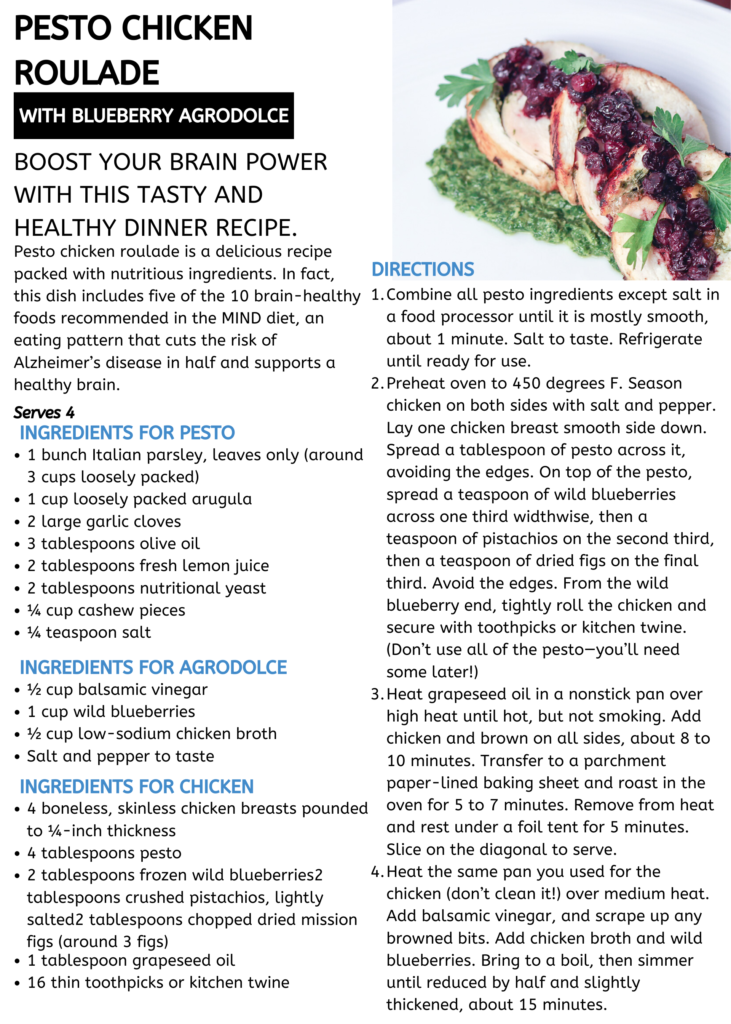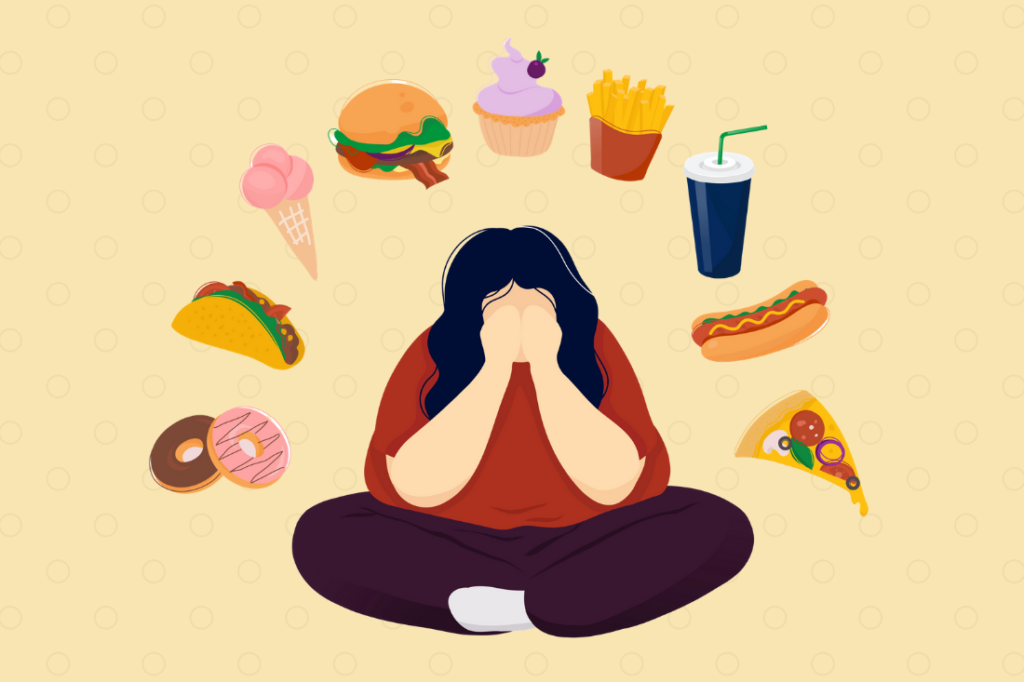It’s simple: What you eat can affect your mood. Research shows that if you’re filling your body with processed, fatty and sugary foods, you’re at a higher risk of developing depression.
Mental health care should not only include things like therapy, meditation and exercise, but also your diet. Here’s why.
Backed by Research
Many processed and cured meats, such as beef jerky, bacon and hot dogs, are preserved with nitrates. One Johns Hopkins study looked at 1,000 people with and without psychiatric disorders for 10 years. It found that those who had been hospitalized for mania were 3.5 times more likely to have eaten cured meats compared to the group without a psychiatric disorder.
One theory? Nitrates alter the gut bacteria, which affects the body’s neurotransmitters and can lead to changes in mood, perception and behavior.
Another recent study looked at 76 college students with symptoms of depression. At the time the study began, all of the participants ate an unhealthy diet. Researchers gave half of the participants instructions for improving their diets, focusing on eating healthier foods like fruits, veggies and good fats. The students in the other group ate the same unhealthy diet.
At the end of three weeks, those who had made diet changes reported feeling better, whereas those who didn’t make any changes still had symptoms of depression.
The Chicken or the Egg?
Does unhealthy food make you depressed, or does depression make you eat junk food? Technically, it’s both. Studies show people with depression tend to eat less healthy food, but eating junk food can also raise one’s risk for depression.
The good news is that you have the power to improve your mood through your diet—what’s good for your gut, it turns out, is also good for your brain. In one research study, those who were worried about memory loss saw an improvement in cognitive function after taking 900 mg of DHA omega-3 fatty acids daily.
To optimize the mind-gut connection, you should eat plenty of veggies, fruits, beans and healthy fats from olive oil, avocados, nuts and fish. While you’re at it, avoid added sugar, processed foods, fast food and saturated fat. Think of it as doing quality control for both your health and your happiness.
The next time you’re feeling down, make a salad with some baby kale, arugula, tomatoes, scallions, avocados, walnuts, olive oil and salmon. Before you know it, you’ll be all smiles.
Related: The Importance of Making Simple, Daily Choices That Prioritize Your Well-Being

This article originally appeared in the March/April 2020 issue of SUCCESS magazine.
Image by Innart/Shutterstock.com











